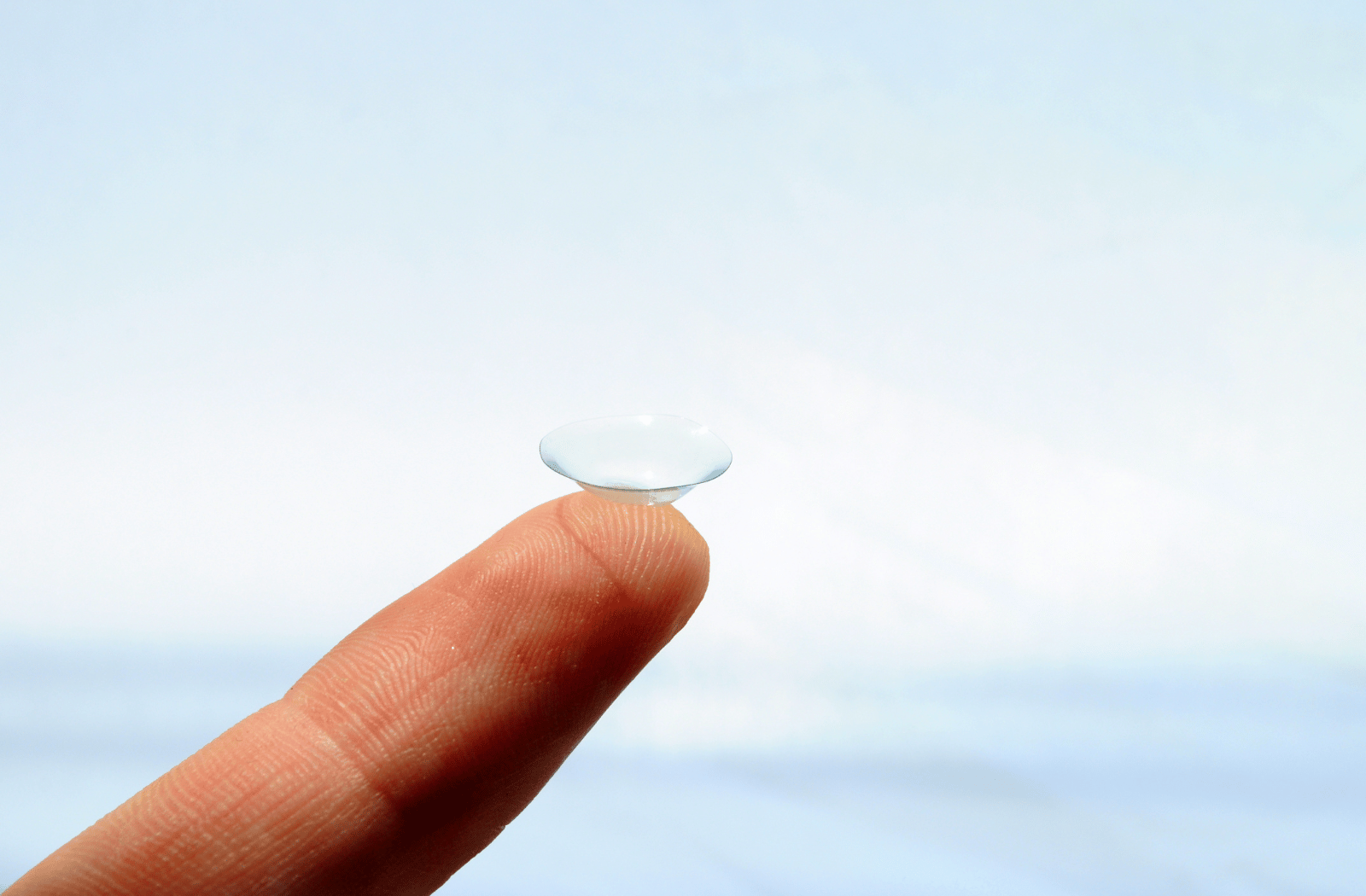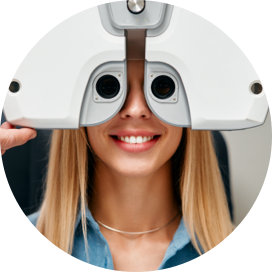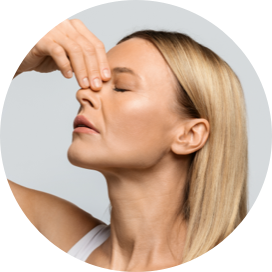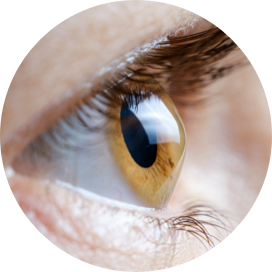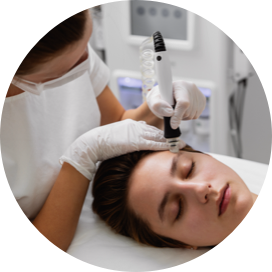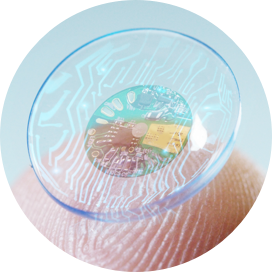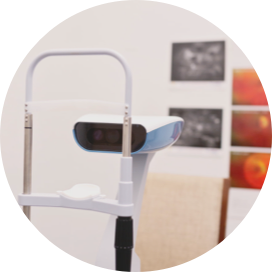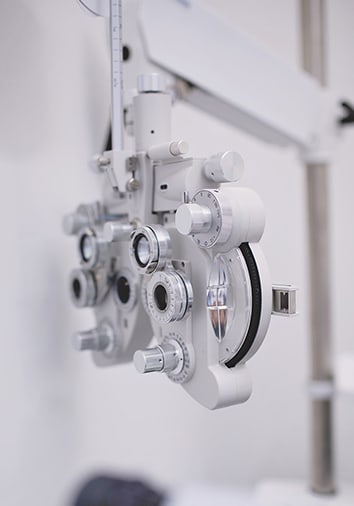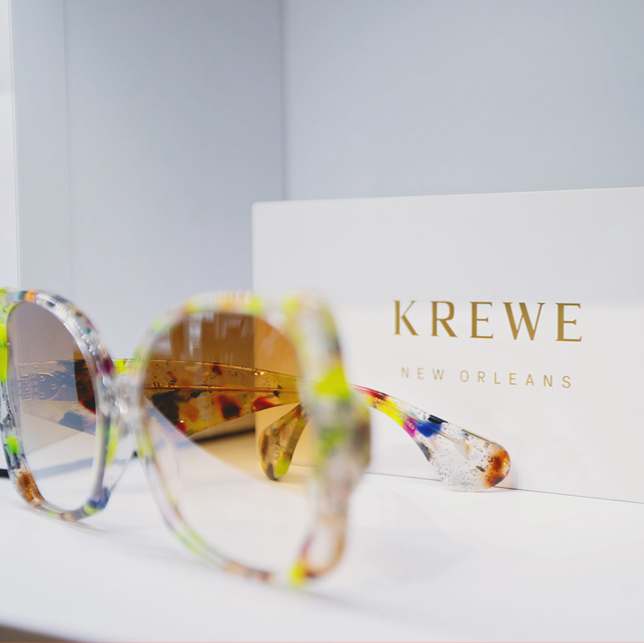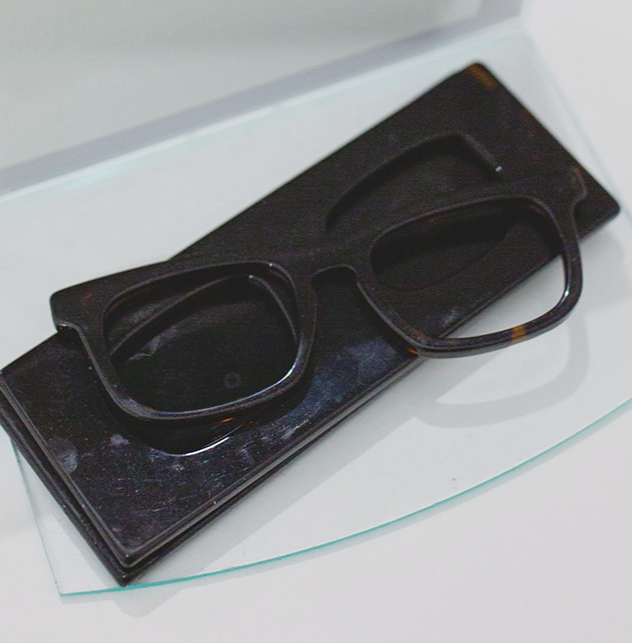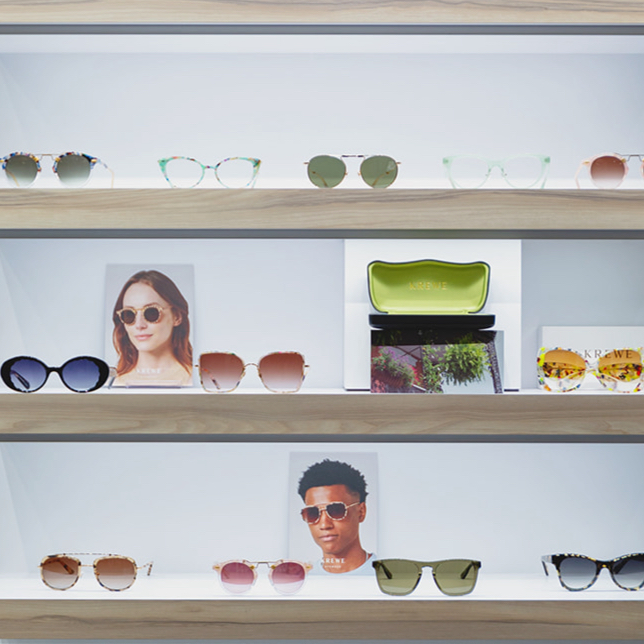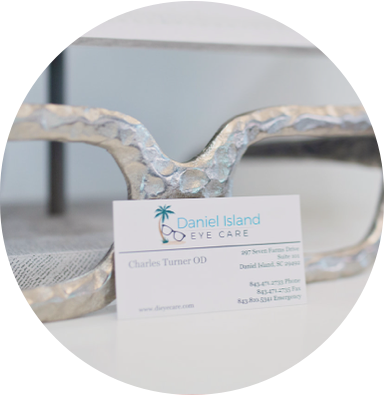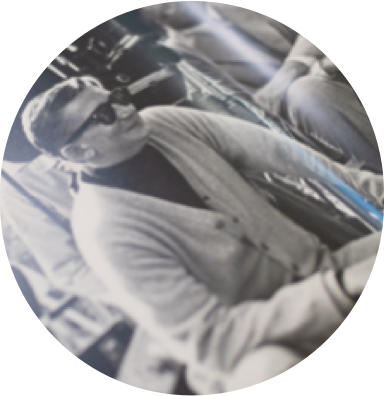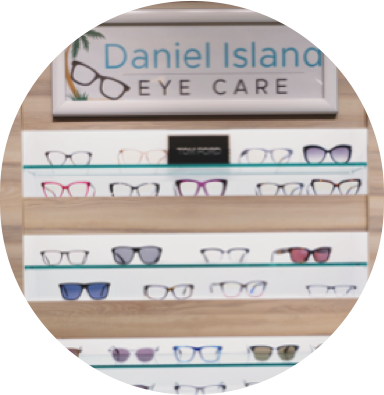When it comes to finding the perfect contact lenses, there is seemingly an endless selection. From daily disposables to extended wear, the choices can be overwhelming.
Your optometrist can help you find the right contact lenses by taking precise eye measurements, considering the type of vision correction you need and your lifestyle.
Measurements for Contact Lenses
For many people, contact lenses are a more convenient and discreet option than glasses. However, getting the right contact lens fit isn’t always as simple as picking your prescription and ordering online. Optometrists play a crucial role in measuring your eyes for contact lenses, and it’s essential to understand the process and what to expect.
Evaluating Your Eye Health
Before an optometrist can measure your eyes for contact lenses, they’ll need to evaluate your eye health. This typically involves a comprehensive eye exam, which can include checking your vision, measuring eye pressure, and examining your eyes for any signs of disease or damage.
Your optometrist may also look for specific conditions that could affect your contact lens fit, such as dry eye or irregularly shaped corneas.
Measuring Pupil Size
The size of your pupils can impact your vision and contact lens fit. If your pupils are larger than average, you may need a larger contact lens diameter to prevent blurriness and improve your peripheral vision. Optometrists may use a specialized device to measure your pupil size in different lighting conditions and adjust your prescription accordingly.
Determining Your Corneal Curvature
The shape of your cornea also plays a critical role in finding the right contact lens fit. Optometrists use advanced technology to measure the curvature of your cornea and create a detailed map of its shape. This information helps them choose the right contact lens design, material, and diameter to achieve a comfortable and practical fit.
In some cases, optometrists may also recommend specialized contact lenses, such as toric lenses for astigmatism, which require additional measurements and considerations.
Assessing Your Tear Film Quality
Your tear film is a thin layer of moisture that helps keep your eyes lubricated and comfortable. However, some people may have tear production or quality issues that can affect their contact lens fit. Optometrists may use specialized instruments to evaluate your tear film quality and recommend additional treatments or modifications to address dryness or irritation.
Monitoring and Adjusting Your Prescription
After your optometrist has measured your eyes for contact lenses, they’ll typically have you trial different lenses to find the right fit and clear vision. They may also ask you to wear the lenses for various periods to monitor your comfort and make any necessary adjustments to your prescription.
If you experience any discomfort or vision changes while wearing your contact lenses, you must notify your optometrist immediately to avoid potentially serious problems.
Different Types of Contact Lenses
Numerous contact lenses are available in the market, each with advantages and disadvantages. Some of the most commonly used contact lenses include:
- Toric lenses for astigmatism
- Multifocal or bifocal lenses
- UV protection lenses
- Rigid-gas permeable lenses
- Scleral lenses
- Hybrid lenses
- Orthokeratology lenses
Toric Contact Lenses
If you have moderate to severe astigmatism, toric lenses are often the most appropriate contact lenses. These lenses have a donut shape with a flat center to better refract light, and their weight distribution is carefully ballasted for consistent, clear vision.
Multifocal or Bifocal Contact Lenses
As we age, our eyesight worsens, affecting our ability to see things up close. Multifocal or bifocal lenses are contact lenses that offer different prescriptions for various distances. These lenses can be an excellent option for people with presbyopia, a condition that makes it difficult to focus on nearby objects as you age.
UV Protection Contact Lenses
Just like your skin, your eyes are vulnerable to UV rays. Prolonged exposure can cause photokeratitis and, long-term, can lead to cataracts, macular degeneration, and other eye-related problems. UV protection lenses can add a layer of protection against UV rays. However, you should still wear sunglasses as an extra shield.
Rigid-gas Permeable Contact Lenses
Rigid-gas permeable (RGP) lenses, sometimes called hard contact lenses, are often used for correcting refractive errors such as astigmatism, myopia, and hyperopia. These lenses are an excellent option for people who need consistently sharp vision, are sensitive to deposit buildup, and need a durable choice. Those with astigmatism may find more reliable visual acuity with RGP lenses than with soft contacts.
Scleral Contact Lenses
Scleral lenses are large-diameter lenses that sit on the white of the eye and vault over the cornea. These lenses are often used for people with irregular corneas or those who have undergone corneal transplant surgery. Scleral lenses can also be an excellent choice for people with severe dry eye syndrome.
Hybrid Contact Lenses
A hybrid lens is a combination of rigid-gas permeable and soft contact lenses. They have a rigid center with a soft outer layer. Hybrids are perfect for people who want the best of both worlds—the clear vision of RGP lenses and the comfort of soft lenses.
Orthokeratology Lenses
Orthokeratology lenses or ortho-k lenses are designed to reshape the cornea while you sleep, allowing you to see more clearly throughout the day with a reduced need for glasses or contact lenses. These lenses are an excellent option for people who cannot undergo laser eye surgery or for those who want to control myopia before it progresses.
Get a Contact Lens Exam & Fitting
Getting the right contact lens fit requires careful measurements and evaluations from your optometrist.
Visit the optometrists at Daniel Island Eye Care for a contact lens exam and fitting to explore the options available to correct your vision and support healthy eyes.

